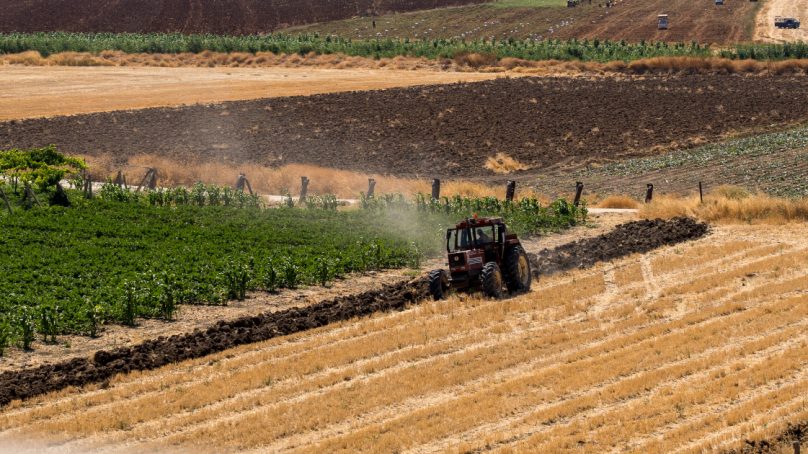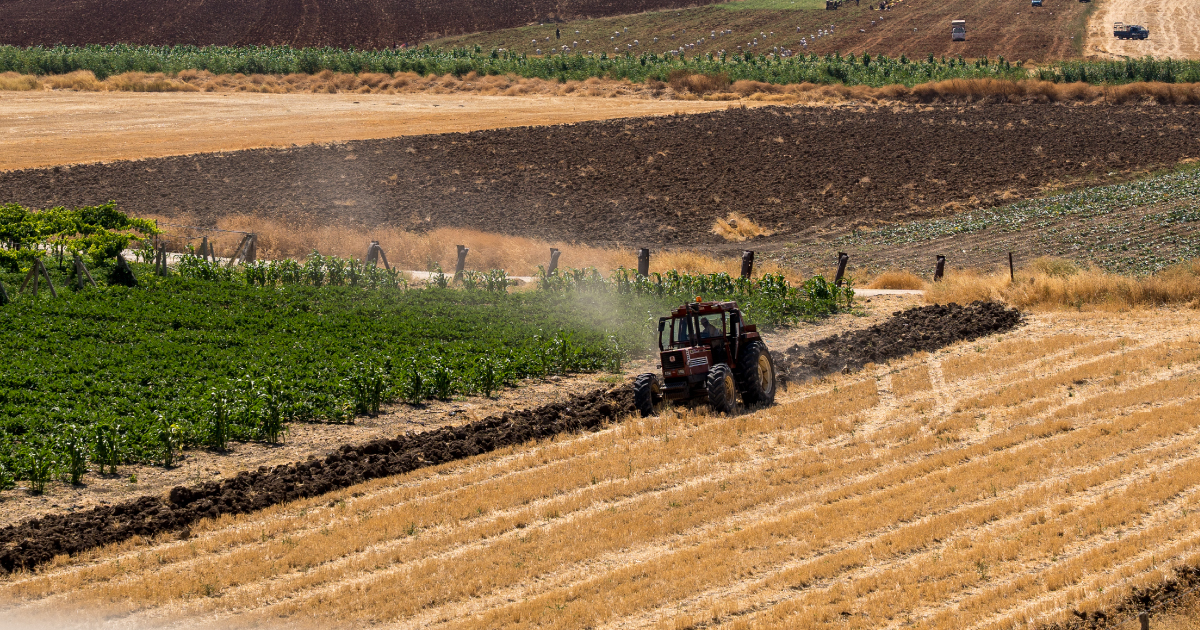In July 2020, the Productive Sectors Development Programme (PSDP) launched a partnership that aims to pool resources, expertise and capacities to support Lebanon’s productive sectors with a particular focus on empowering women and youth in disadvantaged areas. The PSDP, generously funded by the Government of Canada and implemented by six UN agencies (UNIDO, FAO, UNDP, ILO, UNWOMEN and UNICEF), has aimed for gender-responsive job creation and economic growth.
Fostering growth through a comprehensive approach
The program has recognized the multifaceted challenges faced by women in the agriculture and agri-food sectors, including limited market access, inadequate infrastructure and skills shortages. To address these issues, the PSDP has adopted a comprehensive approach, working at three levels:
- At the macro level, the PSDP conducted legislative and policy reviews, as well as a gender analysis, with extensive dialog and consultations with national and international partners.
- At the meso level, the PSDP has collaborated with the government and the private sector to enhance market access for MSMEs in agro-food. This has involved capacity building, export promotion and networking opportunities.
- At the micro level, the PSDP has enhanced the competitiveness of value chains, like fruits, vegetables, nuts and pulses, in northern Lebanon. This has included technological advancements, skills development, business support and market access, among others.
Celebrating the impact of the PSDP in Lebanon
Partnerships & Development Finance Officer, Resident Coordinator Office (RCO)
Lebanon, Rony Gedeon, said: “The PSDP, funded by the Government of Canada through the Lebanon Recovery Fund (LRF), marks the start of a new approach to development in Lebanon that revolves around partnerships for productive sectors development. The PSDP brought together the UN, donor partners, Lebanese Government, private sector, local partners and, most importantly, beneficiaries around common objectives and ambitions, to help Lebanon’s economic recovery.”
First Secretary, Development, at the Embassy of Canada in Lebanon, Alexandra Santillana, also spoke about the positive impact of the program: “Furthermore, during crises, the PSDP has supported over 2,000 vulnerable individuals and around 300 businesses operating in the agriculture and agri-food sectors by enhancing a favorable business environment. Consequently, this gave them exposure to international markets and empowered businesses, farmers and cooperatives to thrive and expand.”
Kawthar Alawa, owner of Equilibre, was able to showcase a good resilience in sustaining her business despite the economic crisis that marked business opportunities in Tripoli. She received a recognition award at the closing ceremony of PSDP for her outstanding dedication and commitment.
The legacy of the PSDP in Lebanon
After years of dedicated efforts, the PSDP celebrated its achievements with a closing ceremony on April 16 at the UN House. The event acknowledged the successful results and partnerships forged during the program’s tenure, with a booth showcasing PSDP beneficiaries’ products and progress at HORECA Lebanon, a hospitality and foodservice trade fair, which attracted almost 20,000 visitors.
Job creation and more
The PSDP has yielded significant results, with over 2,000 jobs created and sustained, the majority held by women. Additionally, the program has provided support to over 2,000 vulnerable individuals, including training in various aspects of agriculture and business leadership. Moreover, hundreds of MSMEs and farmers have received direct assistance, paving the way for sustainable economic growth and local development.
As the PSDP concludes this chapter, it has demonstrated important lessons of empowerment, transformation and inclusive growth. Through collaborative efforts and unwavering dedication, the PSDP is one chapter of a larger vision for supporting the development of productive sectors in Lebanon.












